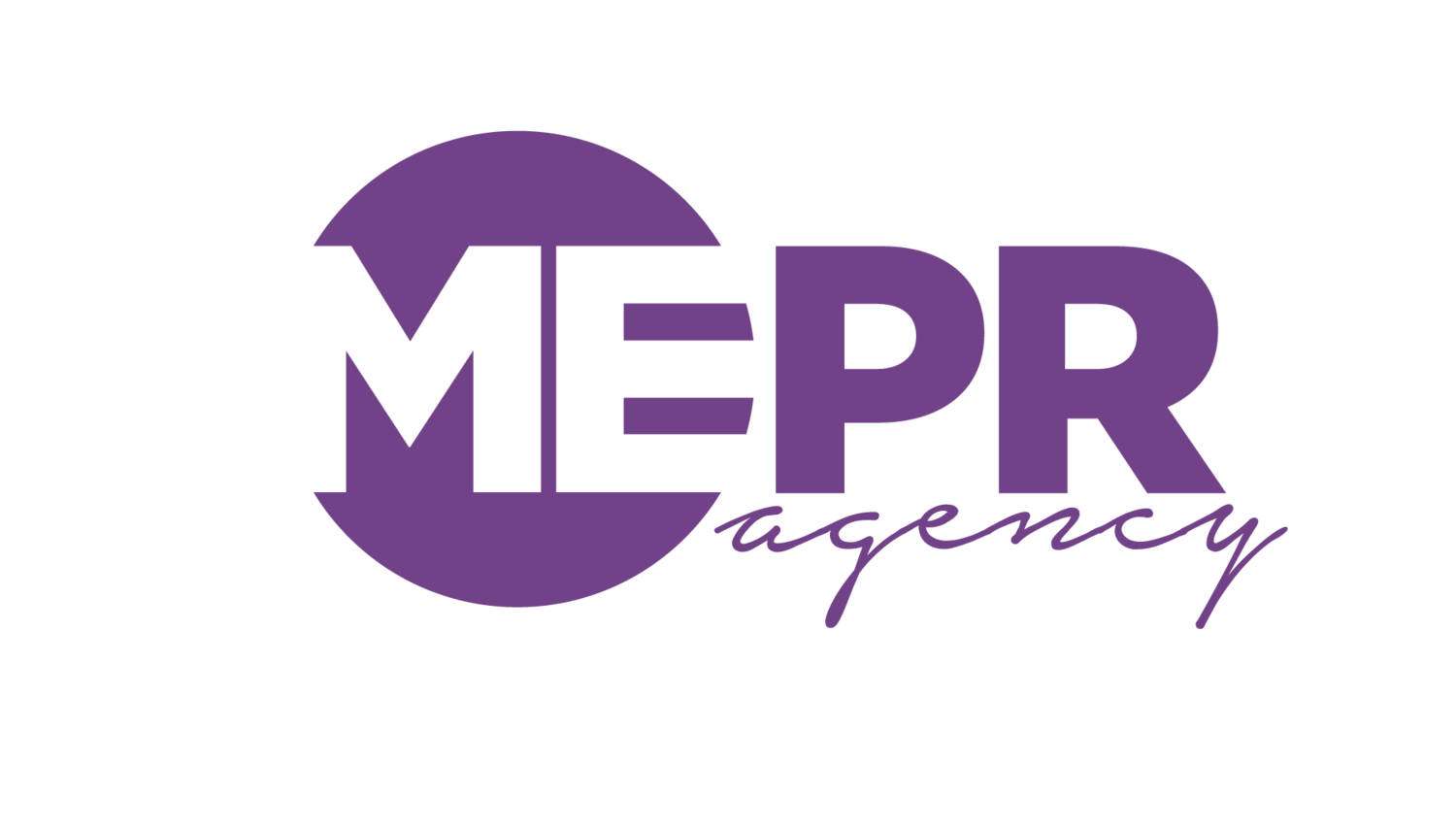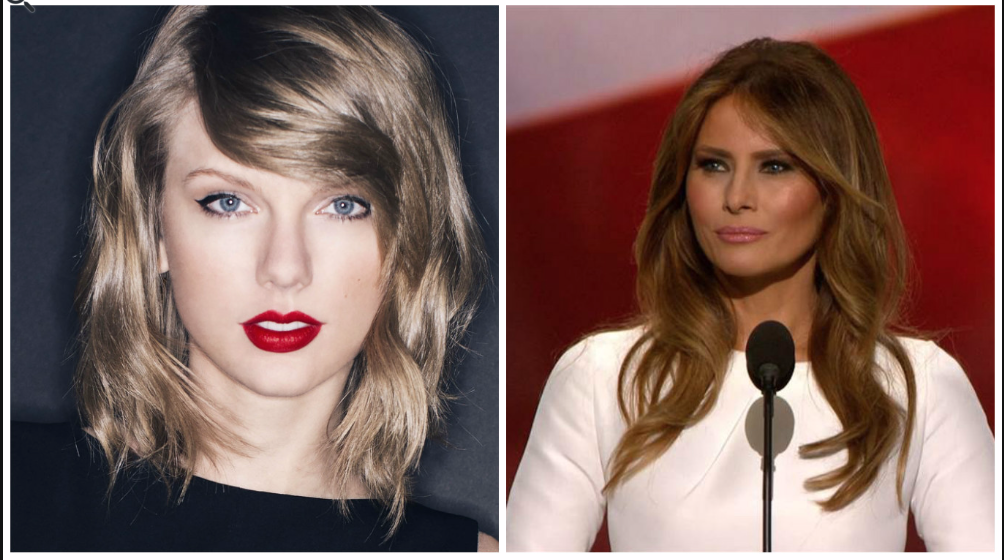Taking a Closer Look at Taylor Swift and Melania Trump’s PR Disasters: Part 1
BY QUEEN STEVENSON, PR ASSISTANT
If you’ve been alive this week, you’ve heard about/read about/laughed about two prominent PR disasters in pop culture and politics (which are essentially becoming one and the same, don’t you think?): Taylor Swift and Melania Trump. The former was exposed via secret recording (thanks, Kim Kardashian!) to have accepted controversial Kanye West-written lyrics (“I feel like me and Taylor might still have sex/Why? I made that b*tch famous”) she’d publicly decried beforehand; the latter delivered a speech on behalf of her husband, Republican presidential candidate and professional cartoon character Donald Trump, that was found to have several portions identical to the speech given by First Lady Michelle Obama at the 2008 Democratic National Convention.
See, Donald Trump really is a professional cartoon character. We weren't just being clever.
Both Swift and Trump’s camps did immediate cleanup work after the damning discoveries, issuing statements and employing both diversion and downplaying tactics. As PR practitioners, we have a responsibility to go deeper than consuming the funny memes that have come out of this situation — it’s second nature for us to analyze both of these matters from a crisis communications standpoint.
Taylor Swift
Taylor Swift is the master of her brand, which is a mix of being America’s ultimate singer-songwriter sweetheart, the feminist girl-next-door, and a carefully cultivated concoction of awkwardness. Swift knows how to protect her brand, how to preserve it, and most importantly how to profit from it. Additionally, her music often includes mention of her ex-partners’ wrongdoing, and because of this, many of Swift’s critics claim that she’s constantly played the victim throughout her musical career. After Kim Kardashian revealed footage of Swift privately agreeing with Kanye West’s choice of lyrics (when she’d publicly spoken against them and accused West of trying to take credit of her own success), the chorus of her critics grew louder.
Bill Gates once said, “Your most unhappy customers are your greatest source of learning." If your audience/fan base is going over a cliff for you, great— that’s expected. But if there’s a whole opposition movement against you and your brand (and your audience is always in defensive mode; see #Swifties) then you should do some listening and examining, considering and correcting.
Melania Trump
Historically, national convention speeches given by wives of the presidential candidates have served as an opportunity to showcase the warmer, family-oriented side of the candidate. Melania Trump’s remarks were no different — except that several sentences mirrored the speech our current First Lady gave in 2008. This discovery was especially damning as this was Melania’s first formal introduction to the American public and more importantly her husband’s (supposed) party.
First impressions are everything, and the words coming out of mouth are currency. For Melania, that currency was deemed void after Tuesday night, or at least fundamentally compromised. In PR, we are the curators and creators of someone else’s voice, and we have to get it right. This is why plagiarism is the highest level of insult and injury in the business of language (which is the core of campaigning) — you’re stealing someone else’s voice and passing it off as your own. Intellectual robbery considerably damages one’s brand and on a deeper level, their character.
On our next post, we’ll discuss both Swift and Trump’s responses, and some solutions (that aren’t denial or diversion) you can implement should you ever find yourself or a client in communications crises like these (though we certainly hope you never do).

